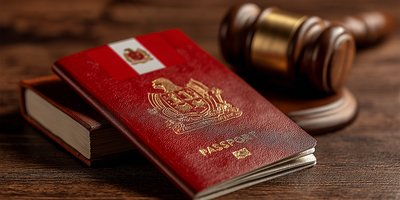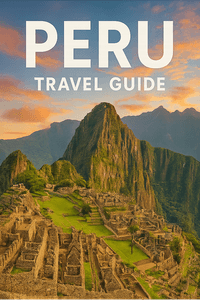Peru is a country rich in culture, history, and tradition, and nowhere is this more evident than in the awe-inspiring site of Machu Picchu. Nestled high in the Andes Mountains, this ancient Incan city reflects the remarkable engineering and architectural prowess of the Inca civilization. When visiting, you’ll encounter not only stunning landscapes but also a vibrant cultural tapestry woven from indigenous traditions and modern influences.
The Inca culture emphasizes a deep respect for nature, which is evident in their agricultural practices, religious beliefs, and social organization. In Cusco, the historic capital of the Inca Empire, you can explore colonial architecture that harmonizes with ancient Incan stonework. Be sure to visit local markets, such as San Pedro, where you can find traditional textiles, handicrafts, and a variety of local foods.
One of the most fascinating aspects of Peruvian culture is its festivals, which often blend indigenous and Catholic traditions. Events like Inti Raymi, the Festival of the Sun, celebrate the Inca heritage and attract thousands of visitors. Participating in or witnessing these celebrations provides insight into the vibrant spirit of the Peruvian people.
When traveling to Machu Picchu, consider hiring a local guide who can share invaluable knowledge about the site's history and significance. Respect for the local customs and traditions is paramount; always ask permission before taking photos of the local people.
Food is another cultural cornerstone in Peru. Be sure to try local dishes such as ceviche, lomo saltado, and the diverse offerings of Andean cuisine. For an authentic experience, enjoy your meals at family-run restaurants and street stalls.
Finally, engaging with the local Quechua-speaking communities can enrich your understanding of the Andean culture. Learn a few basic phrases in Quechua, as this will be appreciated by locals. Ultimately, immersing yourself in the culture of Peru during your visit to Machu Picchu will create unforgettable memories and a deeper appreciation for this remarkable destination.






